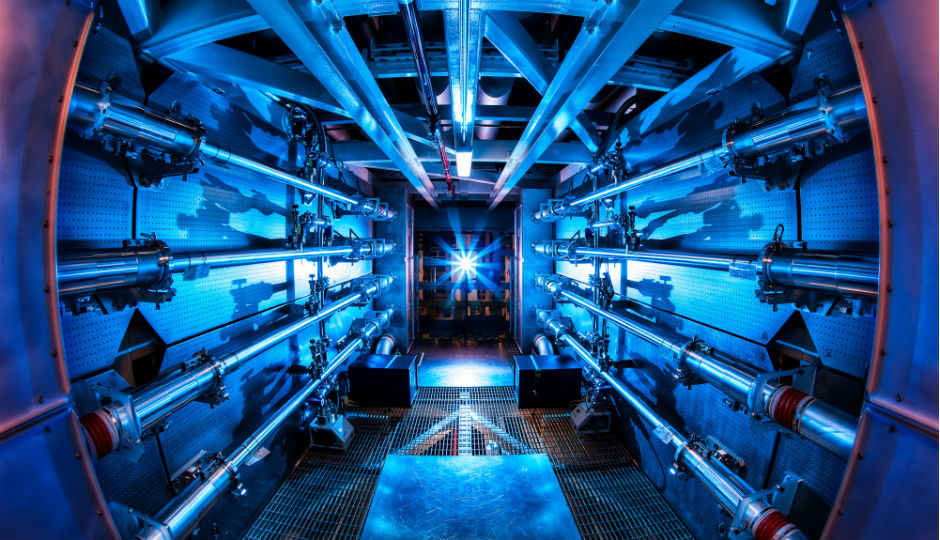Germany’s experimental fusion reactor is a big step forward

While it is an experimental project right now, Germany has just turned on what could be a big step in fusion-based energy.
Scientists have begun testing a new fusion reactor, called the W7-X, in Greifswald, Germany. The reactor is based on the Stellerator design, as opposed to the Tokamak reactors that are usually used in fusion related research. While it’s too early to tell whether the project will result in usable fusion reactions, it is a big step in nuclear fusion research. The first experiment, conducted today, included the heating of hydrogen particles to a suspended plasma form. The facility though has ambitious plans for its research going forward. German Chancellor, Angela Merkel, pressed the button that started the first experiment.
In a statement to the press, Merkel said, “As an industrial nation we want to show that an affordable, safe, reliable and sustainable power supply is possible, without any loss of economic competitiveness." She added that the advantages of fusion energy was obvious.
While fusion has been known to be a powerful source of clean energy, many have been skeptical of the possibility of a viable usage model being formed. The project in Germany, is one of the many experiments that have attempted to get fusion to work. This included tests by the EU-funded ITER facility and the US National Ignition Facility. There was even a project announced by Lockheed Martin, back in 2014.
Digit NewsDesk
Digit News Desk writes news stories across a range of topics. Getting you news updates on the latest in the world of tech. View Full Profile





